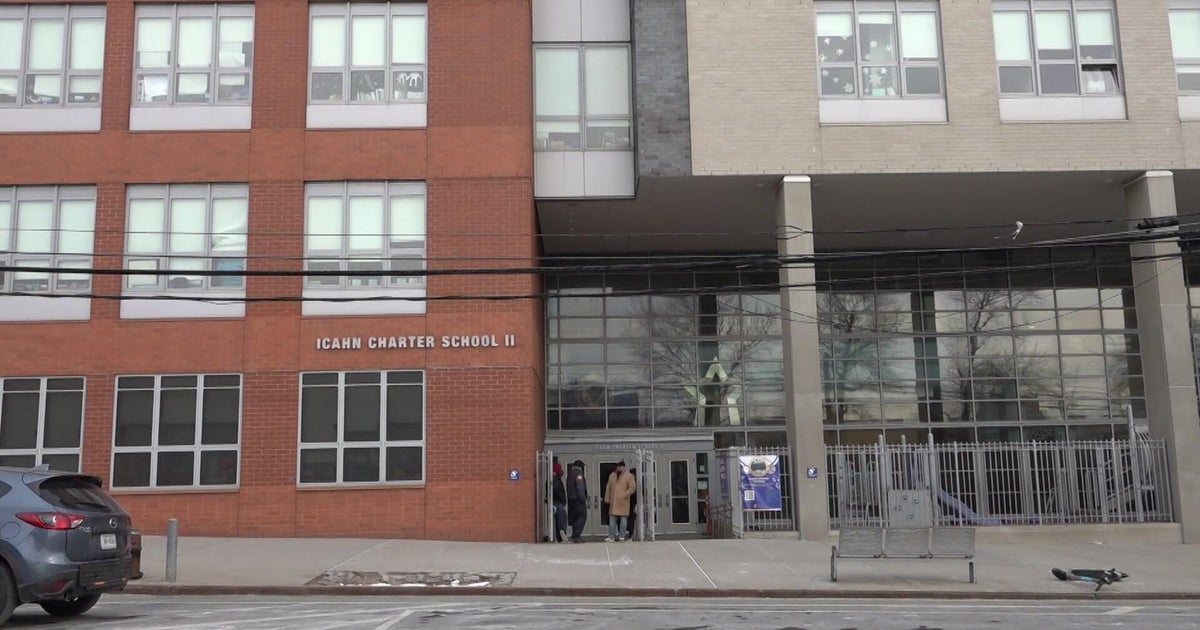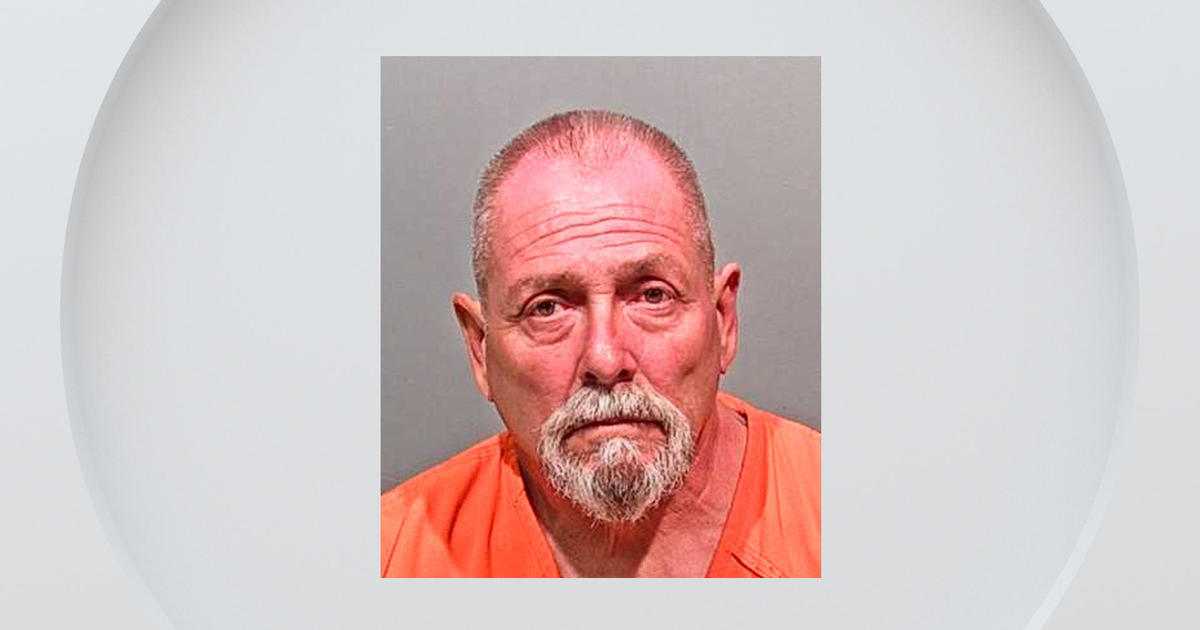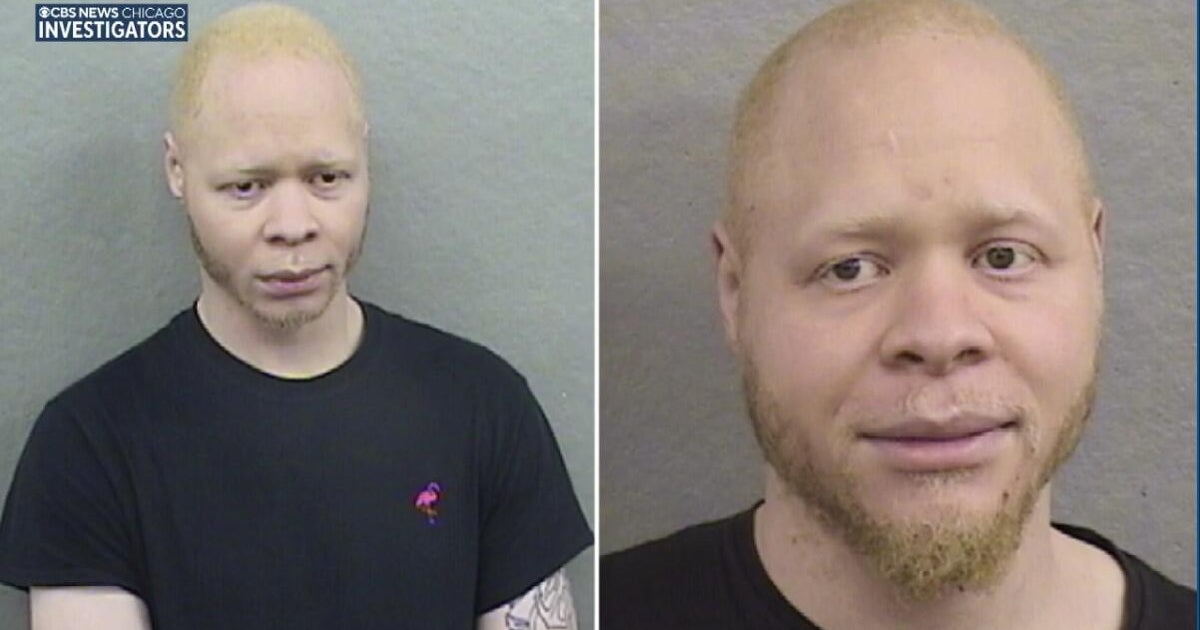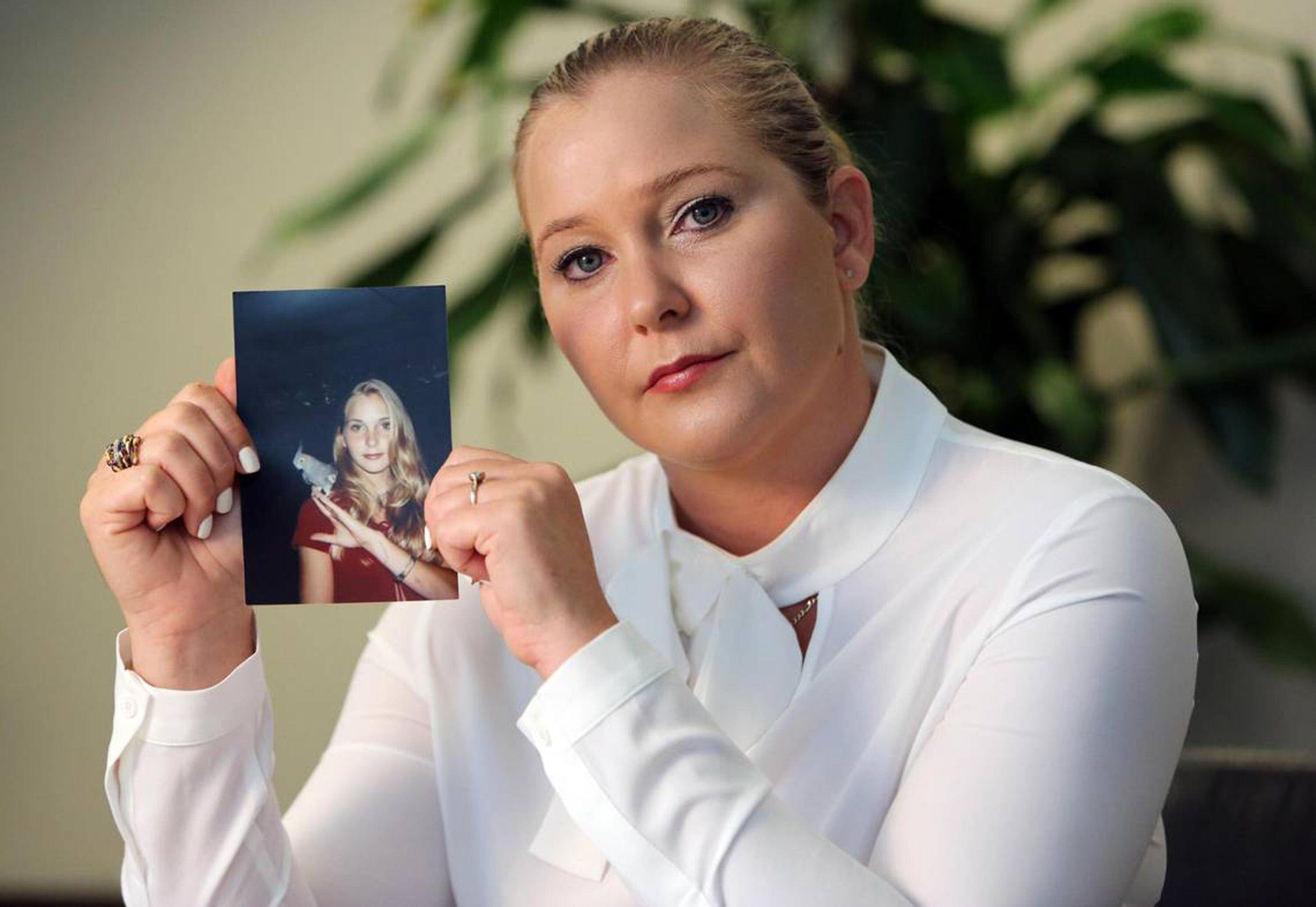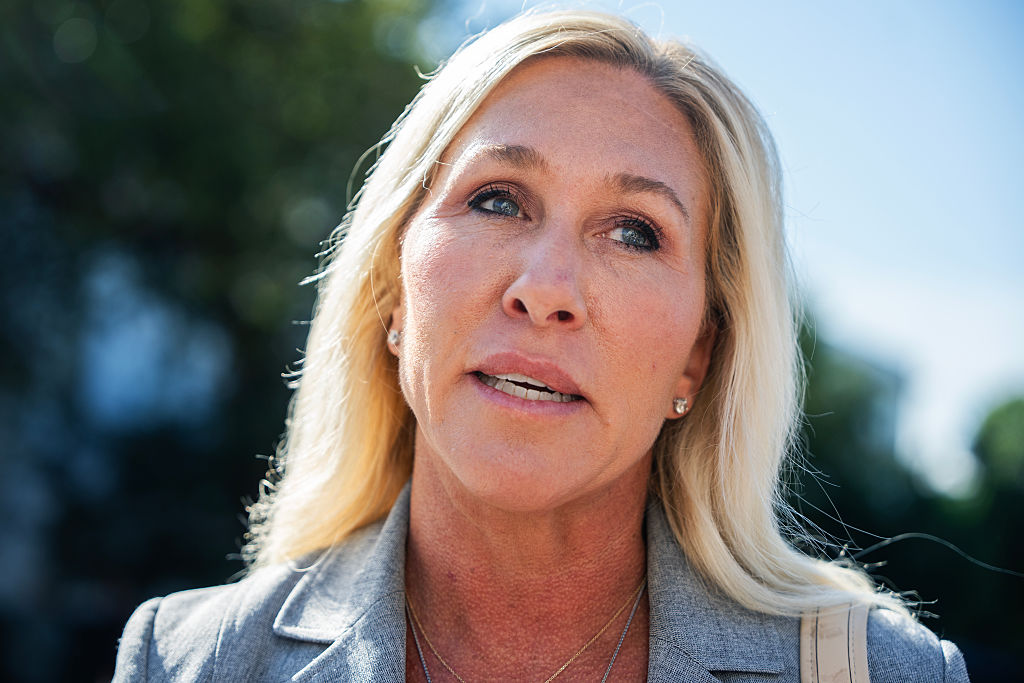Chanel Miller's message for other sexual assault victims: "The system was not set up for you to succeed"
Until this month, millions of people only knew Chanel Miller as Emily Doe, the name she was given by the legal system. In 2015, she was sexually assaulted by Brock Turner outside a Stanford fraternity party while unconscious and intoxicated. The former champion swimmer was convicted of three felony sex crimes but the judge sentenced him to just six months in jail, citing his youth and lack of criminal history. He served only 90 days behind bars and registered as a sex offender for life.
Miller, whose new memoir "Know My Name" is out Tuesday, spoke to "CBS This Morning" co-host Gayle King about revealing her identity, the phases of grief she endured after her assault and what she wants other survivors to know.
"It's okay to lash out"
The powerful victim impact statement Miller wrote back in 2016 to address Brock Turner during his sentencing went viral around the world.
Gayle King: What did you want us to get out of the victim impact statement?
Chanel Miller: I hope you heard in it that there was self-love, that there's a lot of power in anger. Anger is usually discouraged -- we want to tame the victim and her be composed and really, for me, it was wonderful. I was depressed for so long, and when I finally felt anger, it was a sign that I was stepping on my own side and ready to fight for myself.
King: Because you write in the book, Chanel, that people want victims to be inspiring. This has happened to you, you can talk about it, now let's move on, and you said, "Life is not that neat."
Miller: Yeah. Oh yeah. It's so damn hard. I don't know how anyone gets through it like this all the time. And it's okay to have panic attacks, it's okay to lash out and have period of depression. All of that is very normal given these circumstances. I wanted to normalize all the phases that you will go through and not feel like you're behind or you're being dramatic.
"I'm here to finally exist as my full self"
King: I'm very struck by the title, "Know My Name." Why did you want us to know your name?
Miller: I'm here to finally exist as my full self. For five years I've had to compartmentalize my life and it's begun to feel really fragmented. So this is the first time where I can exist openly and speak openly and not have to hide a single element of my life.
King: When the verdict came in, you would think that would be, "Okay, I won, and now I can move on with my life." But that is not what happened to you.
Miller: Well, you win, and then suddenly you're back in the present and you look around and you realize I don't have a job, I don't have anywhere to live, my sister feels broken, my parents are devastated.
King: Your sister who testified, yeah.
Miller: Yeah. You look around, and everything has been wrecked. You don't even know how to begin rebuilding your life, integrating yourself back into daily life. You fight so hard just to survive it and emerge, but when you get there it's -- you feel empty.
"The system was not set up for you to succeed"
King: You said at one point, you know, "I didn't want to be damaged goods. That's not what I wanted."
Miller: Yeah, I thought if anyone ever knew that I was this body behind the dumpster, they would think I was just dirty or irresponsible or reckless. That I wasn't capable of handling myself and that I should just be embarrassed, when really I've learned that I'm extremely brave for asserting myself. I feel more confident, I feel capable, I feel like anything I encounter in the future, I now have the tools to handle them.
King: And I'm curious about your advice for women who have been assaulted ... what do you want women to know about this process, what you went through?
Miller: I think it's an extremely brutal process, and we need to do more to fix it and make all of these obstacles transparent. Know that if you haven't reported, you don't have to carry that burden of, "Oh, I should have done more, I should have said more." The system was not set up for you to succeed, it's not a nourishing environment. We need to be working harder to create an environment where survivors feel comfortable being supported and knowing that when they do, some form of justice can be attained. They won't just be completely demoralized and dehumanized for an extended period of time.
"We deserve to go out and have a drink with our friends and walk down the street at night"
King: Now you have a huge microscope on you, and I think you will really be an example for other women. You know, to hear somebody say so concretely that OK I was drunk, but that is not OK what you did … We all know that, but many women, or some women in your position would have said, "Well I did kind of bring it on myself. Maybe I shouldn't have gone to the party. Maybe I shouldn't have had that much to drink."
Miller: Exactly that. You can say, I can say, I shouldn't have had that much to drink. It's true. Boom. Done. Fixed. Right? But this problem of violence that is so pervasive is still not fixed, that we're still allowing to happen. Fixating on alcohol, to me, is so easy. It's such an easily excusable thing that we do to blame the victim. And it's so outdated and I'm so sick of it. There's violence everywhere. It's not just during these parties, it's when you're walking down the street, it's in the workplace, it's in the strawberry fields. You want me to believe, 'oh it's the drunk victims who are bringing it on themselves. Drunk or not, this is what we endure as women. We do the labor of putting up with this stuff every day of our lives. We spend our own energy trying to navigate our life, trying not to get assaulted, trying to be safe. And I'm tired of fixing who I have to be and hiding in order to make it through the day. I'm not going to work this hard all the time just to keep myself safe. We deserve to live, we deserve to go out and have a drink with our friends and walk down the street at night. We deserve to have a full life and nobody is allowed to hurt you. Period. That is the baseline and I will not make excuses around that sentence. We have to know that sentence: Nobody is allowed to hurt you. Period.
King: What's been the reaction to the "60 Minutes" piece?
Miller: Really wonderful. I, just, like, every night, I go to sleep saying thank you. I feel this immense gratitude. Like, I began in such an isolated and terrified place and I really, I didn't enjoy facing the world in the morning. And now, I feel excited when I get up, and I feel excited when I show up and I get to meet all these people. It's so enjoyable for me and like such a gift to be able to experience something like this. In my little lifetime, I've come out at the other end of that spectrum of emotion. And I know it's going to be difficult and I know there's gonna be challenges that are going to come, but at the moment, I just feel this immense swelling of gratitude.
Hear Gayle King's full conversation with Chanel Miller on the "CBS This Morning" podcast.
